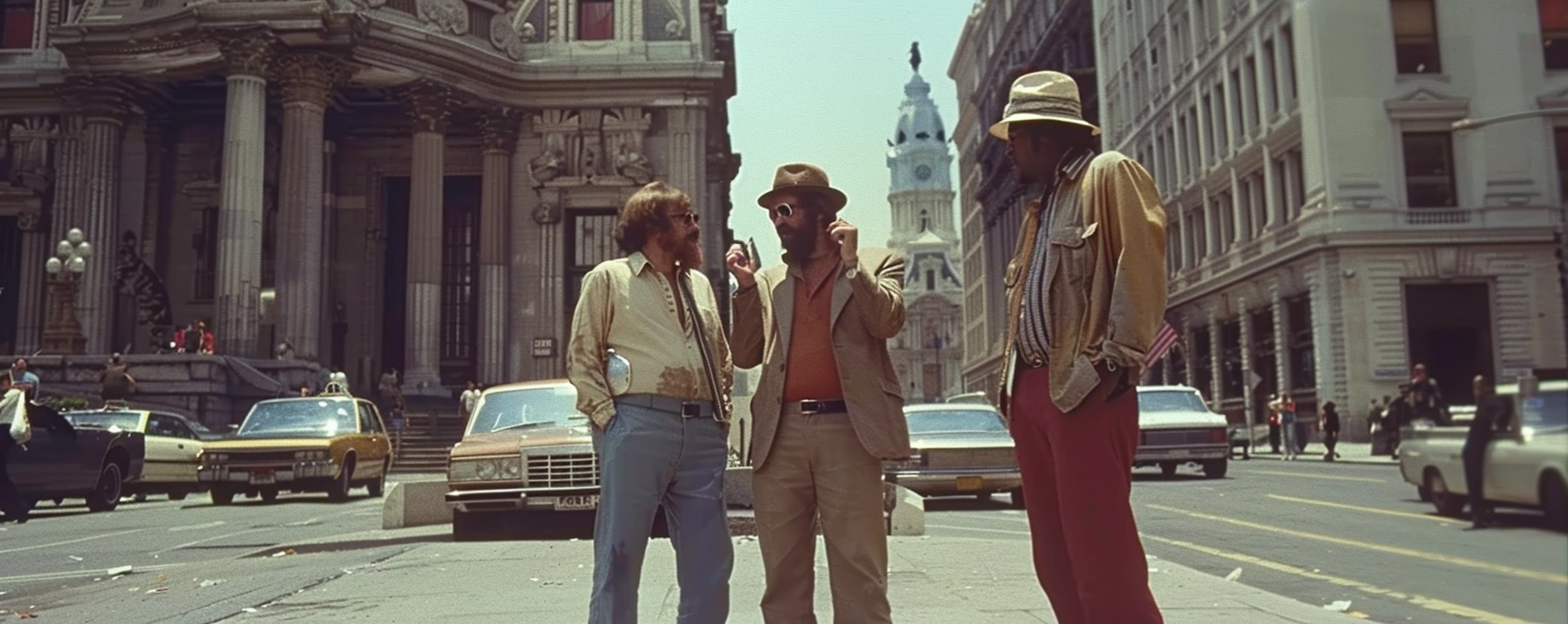Pennsylvania gambling laws and regulations
According to the online gambling aficionados in PA, the state allows residents to gamble freely online or on land. However, all issues related to using real money to bet are controlled by Unit 5512 of the PA Act. It is also well worth noting that Pennsylvania's present rules do not criminalize gamers who take part in illegal sports.
The Pennsylvania Gaming Control Board (PGCB), which was created in 2004, is the agency required to oversee all gambling activities within the Keystone State. The PA state gambling industry was established in 1971 according to Act 91, and wagering laws have faced a series of ups and downs since their creation. For instance, between the 1980s -1990s, legislators pushed to establish the gambling law. Still, residents vehemently went against it, perhaps because, in general, people perceived betting as negative. Because of this negative view, online casino gambling in Pennsylvania didn’t take off right away; or else, it could have been more successful.
Also, between the years 1993 and 1994, betting fans in the riverboat region of Pennsylvania pressed lawmakers for the legalization of wagering. Still, social researchers and financial analysts discouraged lawmakers from making gambling legal in the state, citing that it may breed corruption, criminality, indecency, etc. And to make matters worse, betting opponents claimed that it would corrupt families, promote immorality, and more; so it’s no surprise that the gambling law failed again.
But this is just the beginning. Just when people in the state were starting to change their views, the wagering law suffered a severe setback in the 1990s, following Gov. Tom Ridge's use of a referendum to deny any support legislation. His decision was deemed feasible, failing the constitution yet again.
Another failed attempt was made with gambling laws in 1999 following previous approval by the State House legislators. But just then, after a series of failures, the Pennsylvania gambling industry experienced a victory. The betting law received wide acceptance in 2004 following a clear description of what the income from wagering would be used for, coupled with the different and more modern views of the new generation.
Also, the connection between old betting and criminality was reduced to the barest minimum (a big boost to casino gambling’s reputation indeed) as the casino ownership structure shifted to publicly traded organizations.
At this point, the light was green - it was then that Pennsylvania officially launched online casino gambling in 2017, and at the beginning of 2019, PA launched its very first online casinos, where players can play for real money.
What is considered Illegal gambling in the state?
Although there is abundant legalized gambling in Pennsylvania, we should be honest: there are still some illegal betting locations in the state. For example, many locations and entertainment centers, including truck stops, bars, fire company social halls, private clubs, and more, have permitted video poker or slot machines on their sites for years. Unfortunately, such sites would hardly check the Pennsylvania gambling age of their prospective gambler since they are always after profits.
On several occasions, the subject of discussion is often how to legalize and regulate VGTs in the above locations. Right now, the PA Bureau of Liquor Control Enforcement and the State Police typically enforce VGTs, and it's believed that about 40,000 illegal machines are dispersed throughout Pennsylvania.
Nevertheless, with the acceptance of games wagering in PA, the increase in the tax rate - 36% and the $10 million certification fee - may give way to flourishing the local economy of bookmakers.
A series of upcoming changes in gambling regulations
You should also be aware that the gambling industry in Pennsylvania has received a series of casino industry regulations since the 2010s. The success of this bill resulted in calls for more wagering legislation to be passed in Pennsylvania. For instance, the 2017 Satellite and Truckstop Gambling Bill intends to create ten new small betting locations and extend betting-style wagering to online portals, airports, and truck stops.
In 2016, different casinos and racetracks employed about 18,000 workers around Pennsylvania. Together, they generated about $1.4 billion in tax income annually - a hefty amount that shows how crucial the tax revenue of online casino gambling is to the state.
There isn't much to expect regarding different changes to online gambling laws and regulations in PA. After all, Pennsylvania has already gone through the most significant changes, and it is reaping the benefits of these changes as we speak. But perhaps there might be some changes when it comes to taxation in the near future. As of now, the Pennsylvania online casino sector has boomed - in fact, it comes second after Nevada for games revenue, with the gaming industry contributing almost $1.5 billion per year to the state’s coffers. It only proves the reliance of the state on its online gambling industry, which can only move forward and adapt to these dynamic times.





_800x800.webp)


























